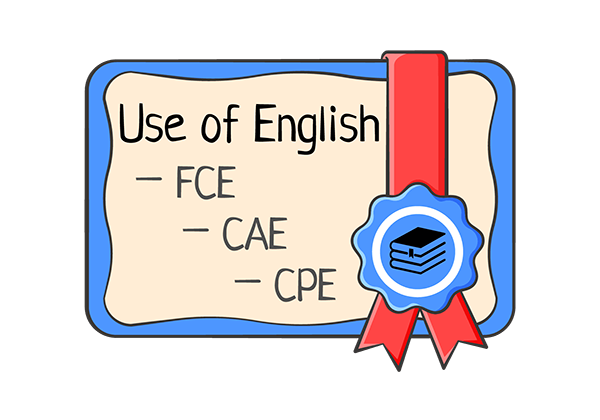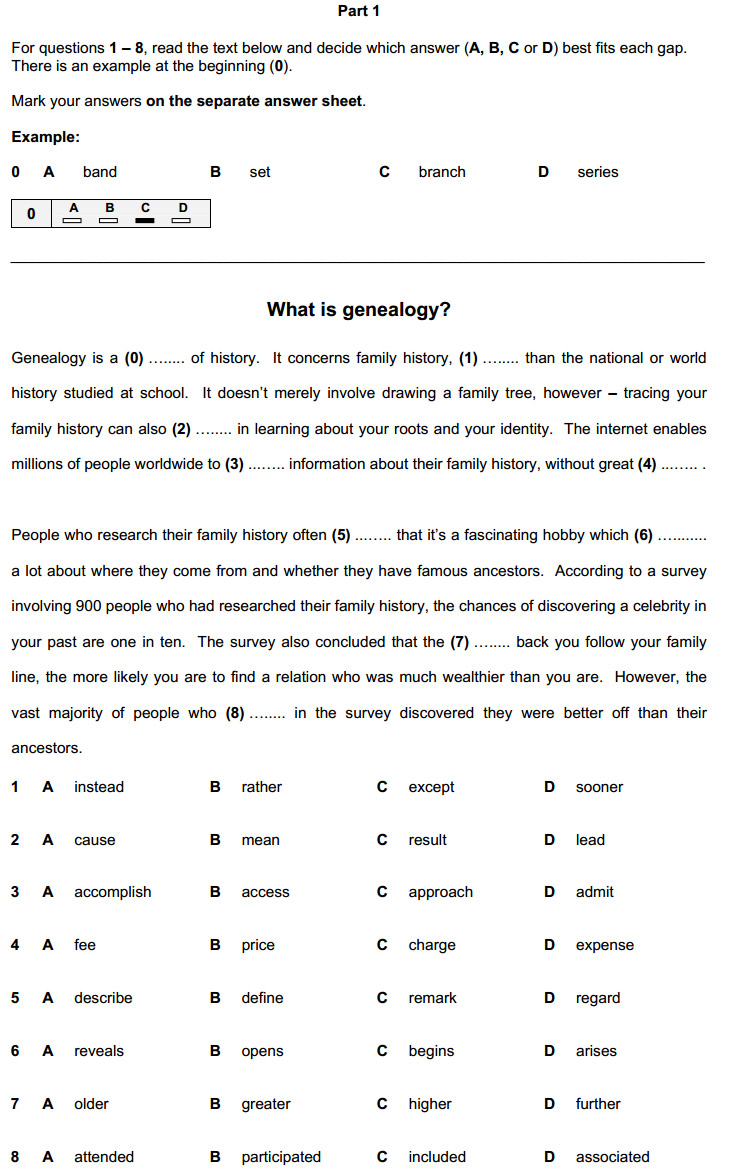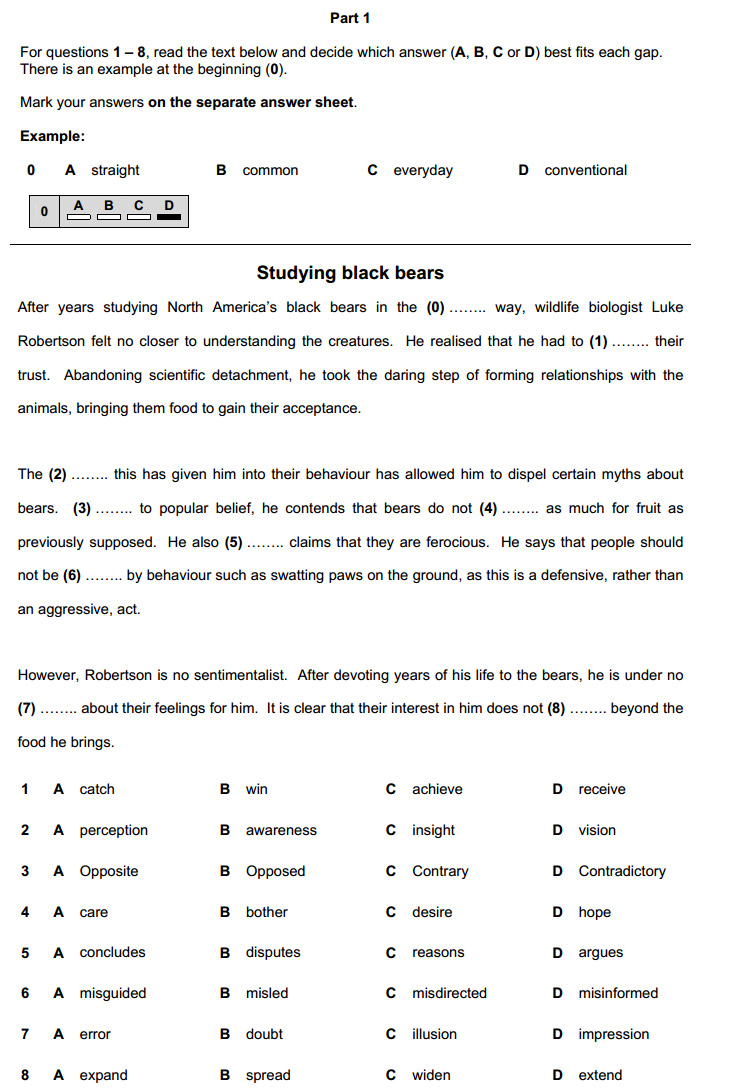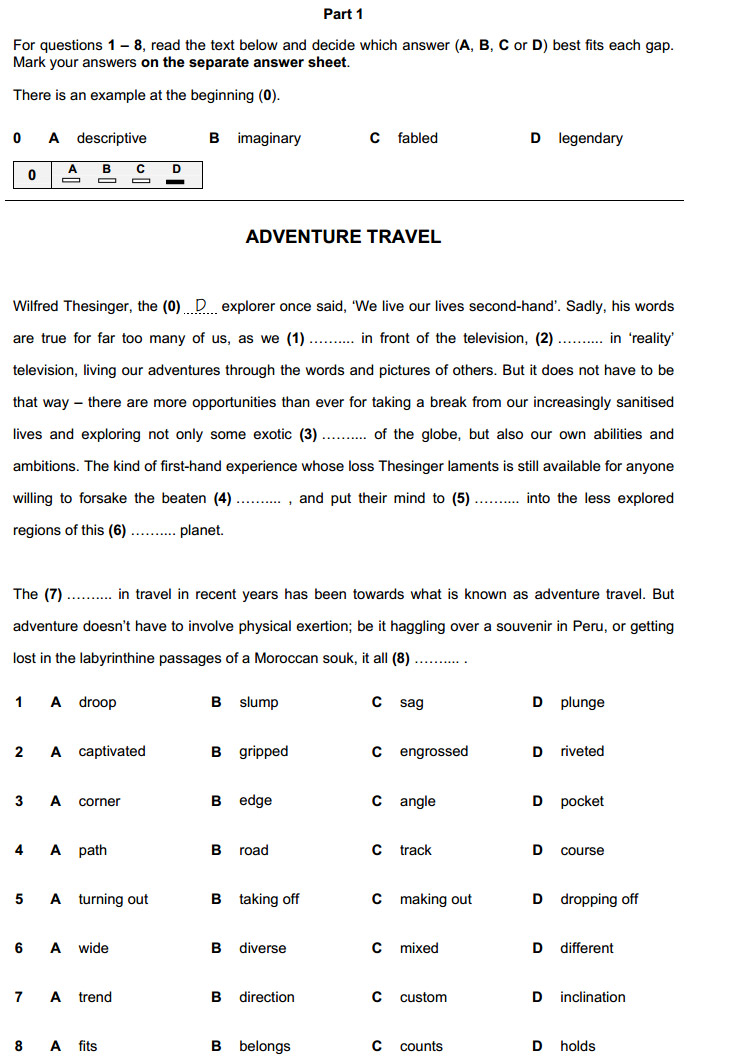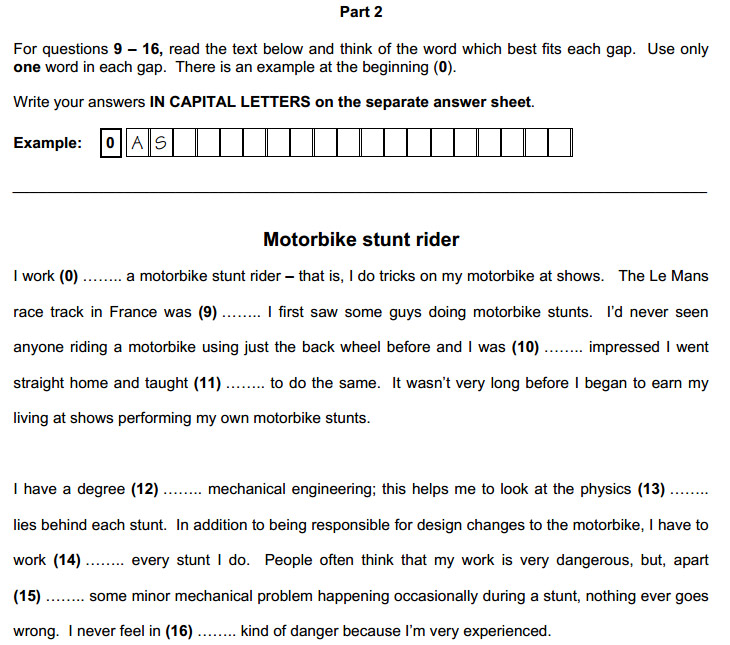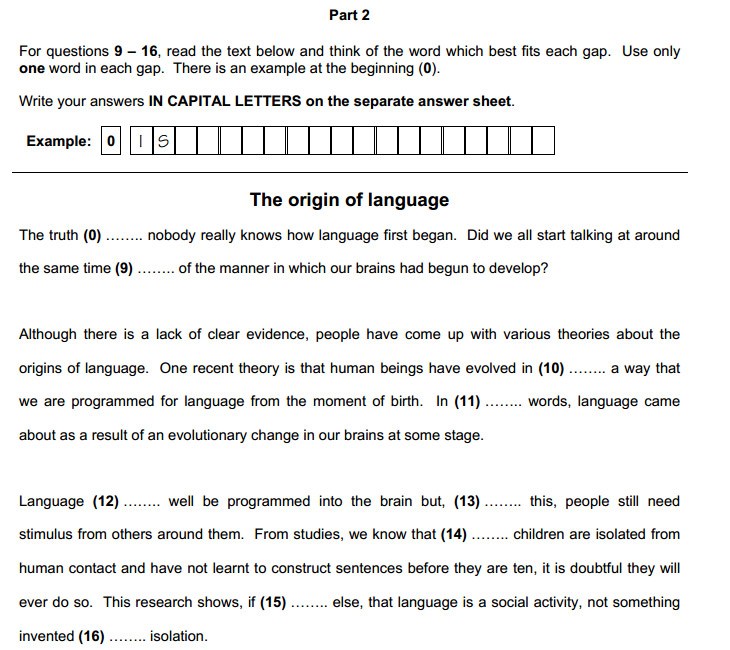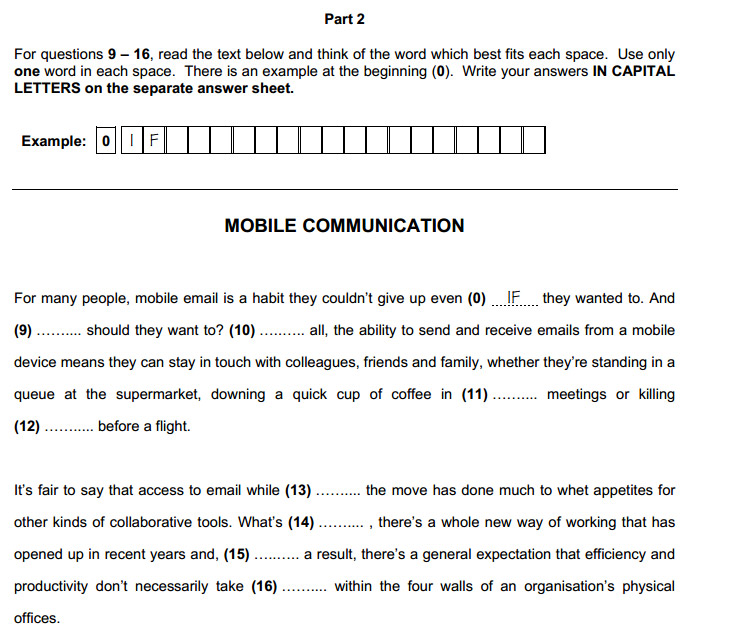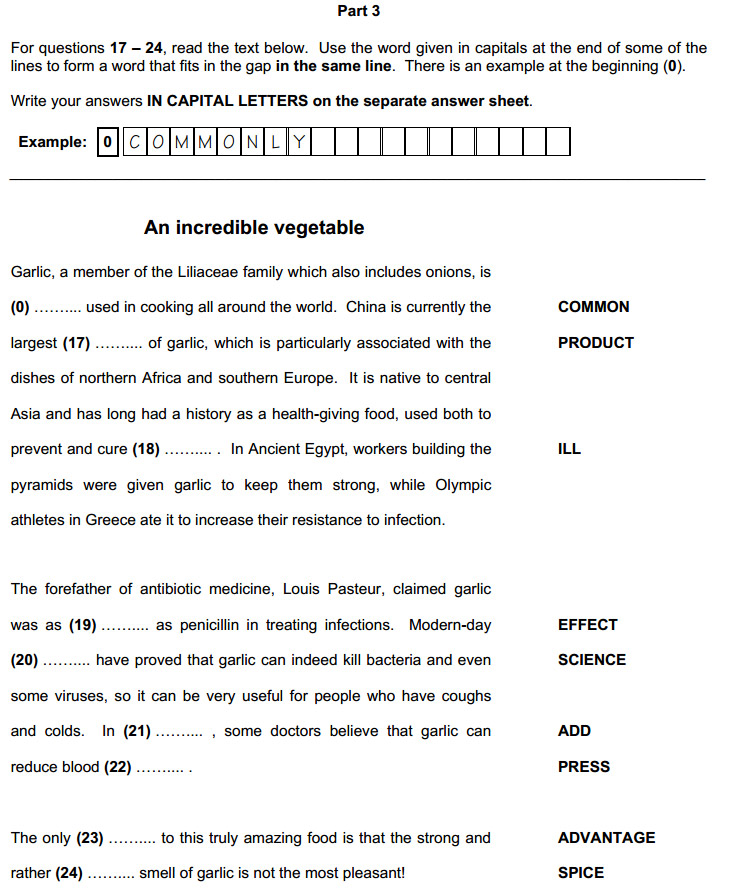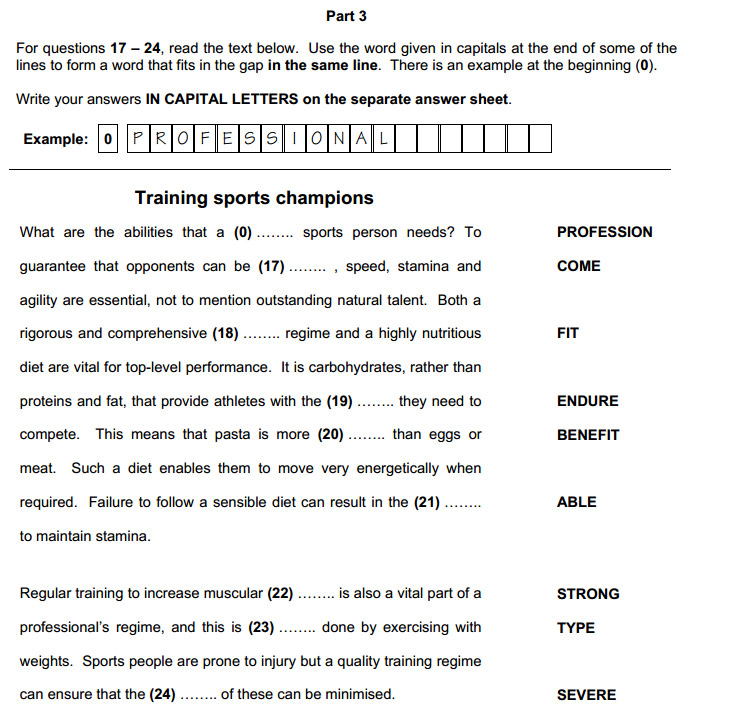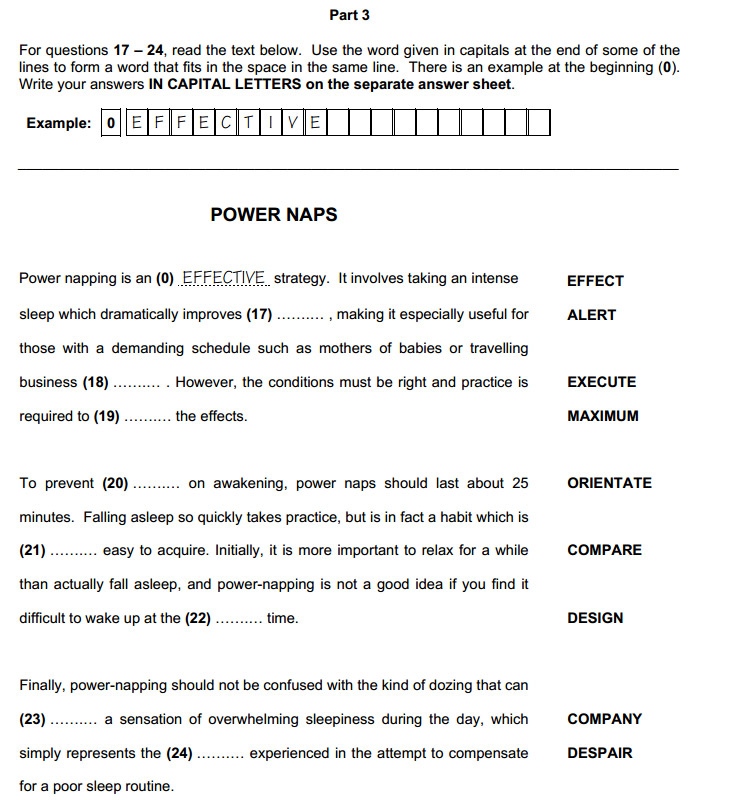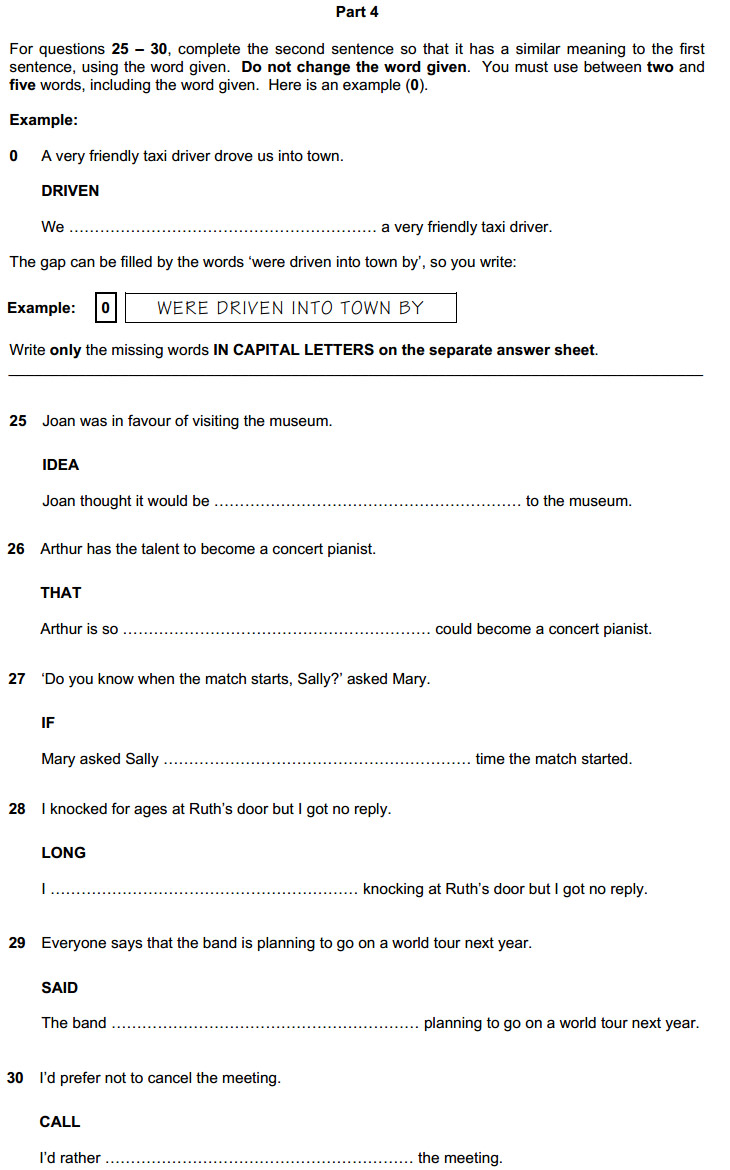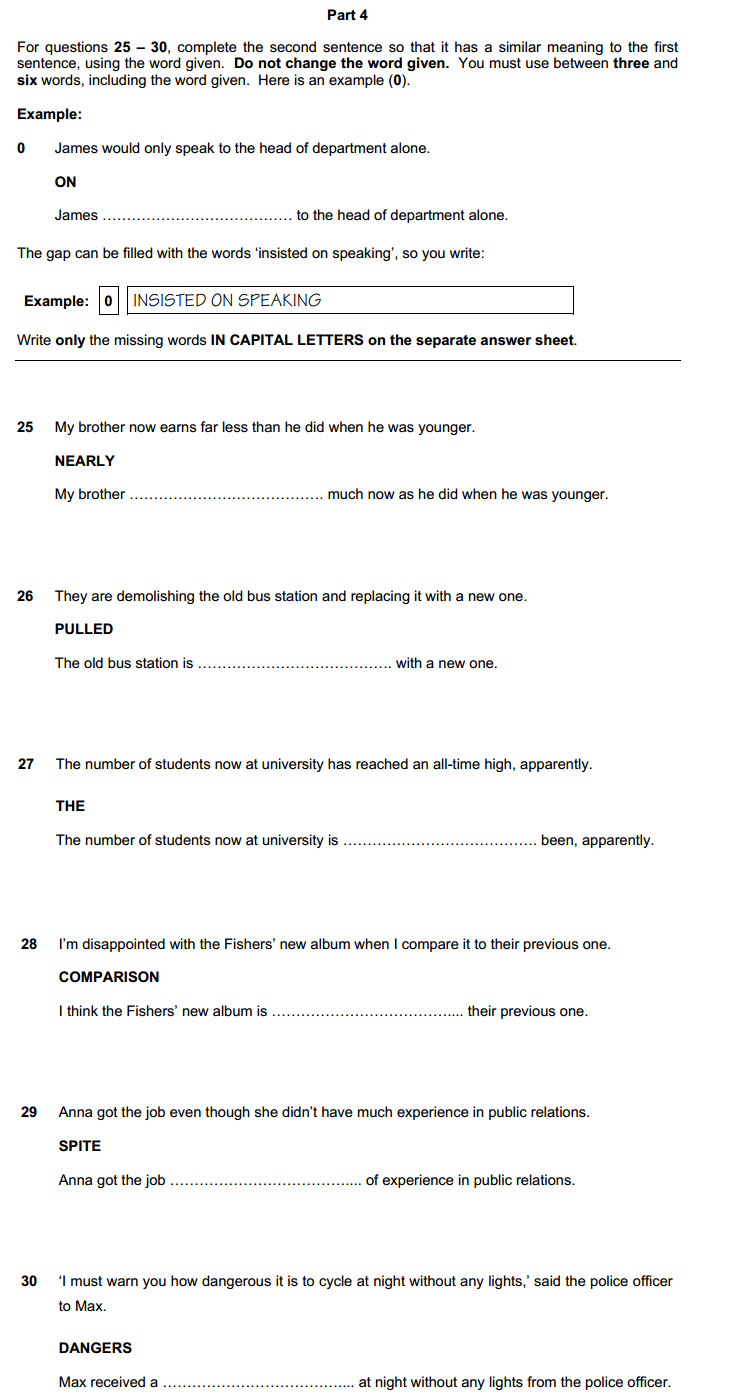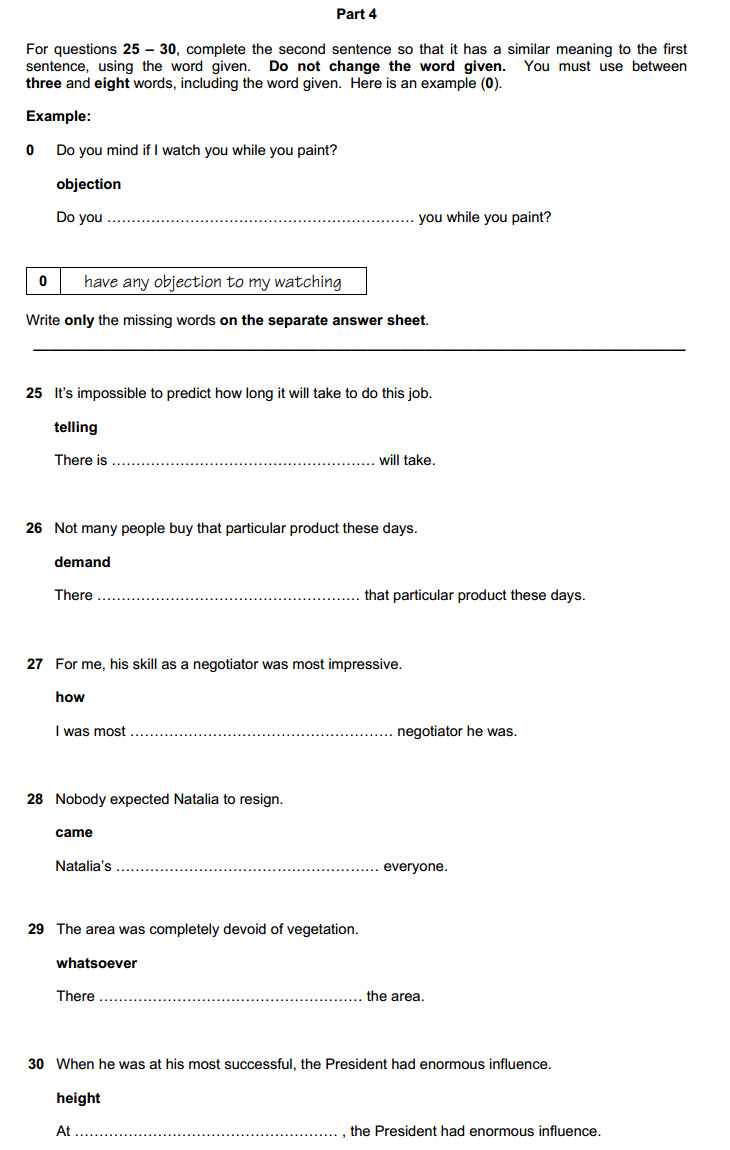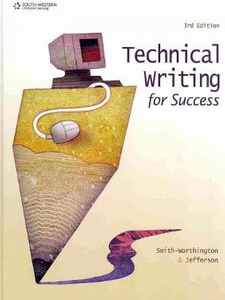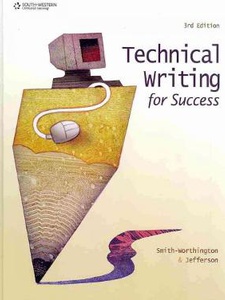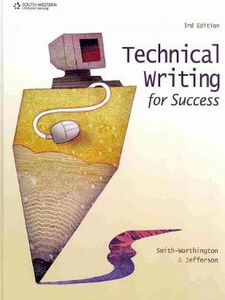-
Task Type: Key Word Transformations
-
Focus: Lexical and grammatical
-
-
Format: Six separate items, each with a lead-in sentence and a gapped second
sentence to be completed in two to five words, one of which is a given
‘key word’
-
-
Number of questions: 6
-
How many marks are there: Up to two marks for each correct answer
What is testing:
- modal verbs and semi-modal verbы
- phrasal verbs
- verb patterns
- direct speach to reported speach
- active voice to passive voice
- linking words/do and make/idioms/conditionals/unreal past
General Advice
- Write between two and five words as your answer
- Contractions like can’t or mustn’t are counted as two words
- Take a guess if necessary! You will not loose marks
- Remember that you cannot change the key word
cambridge english first certificate (fce) test
Key Word Transformations
- FCE : Key Word Transformations 1
- FCE : Key Word Transformations 2
- FCE : Key Word Transformations 3
- FCE : Key Word Transformations 4
- FCE : Key Word Transformations 5
- FCE : Key Word Transformations 6
- FCE : Key Word Transformations 7
- FCE : Key Word Transformations 8
- FCE : Key Word Transformations 9
- FCE : Key Word Transformations 10
- FCE : Key Word Transformations 11
- FCE : Key Word Transformations 12
- FCE : Key Word Transformations 13
- FCE : Key Word Transformations 14
- FCE : Key Word Transformations 15
- FCE : Key Word Transformations 16
- FCE : Key Word Transformations 17
- FCE : Key Word Transformations 18
- FCE : Key Word Transformations 19
- FCE : Key Word Transformations 20
by Adam Skimins 7th March 2022
- Article navigation:
- (FCE) 40 Key Word Transformation: Exercises
- B2 First (FCE) Use of English Part 4: Tips & Strategy
The important thing in key word transformations is that you keep the meaning the same – EXACTLY the same. So it’s important that you read through the first sentence and your second sentence to ensure you have kept the meaning the same. Look at these two sentences:
Tommy said he was ready for his driving test and would take it in July.
Tommy said he was ready for his driving test and could take it in July.
One letter has been changed, from “would” to “could” but it changes the meaning of the sentence totally. Be careful of this!
A good way to practise this part of the FCE exam is to get used to writing and re-writing sentences using different structures and without changing the meaning.
(FCE) 40 Key Word Transformation: Exercises
Complete the sentence so that it has a similar meaning. Do not change the word given. You must use between two and five words, including the word given.
Nobody took any notice of his bad behaviour.
Nobodypaid ATTENTION to (ATTENTION) his bad behaviour.
You should try and take advantage of his help.
You should try and (MOST) help he gives you.
make the most of themake the most of any
You must include the word given (MOST)You must use beetwen 2 and 5 words.
My sister was involved in her school spelling competition.
My sister (PART) spelling competition.
took part in her schoolwas part of her school
You must include the word given (PART)You must use beetwen 2 and 5 words.
Could they grow anything here after the war?
Were (ABLE) here after the war?
they able to grow anything
You must include the word given (ABLE)You must use beetwen 2 and 5 words.
‘Why didn’t you call me?’ asked Joe.
Joe (ASKED) not called him.
asked me why i hadasked why i had
You must include the word given (ASKED)You must use beetwen 2 and 5 words.
Driving that fast was a stupid thing to do.
If (ONLY) driving so fast.
only i hadn’t beenonly i had not been
You must include the word given (ONLY)You must use beetwen 2 and 5 words.
I hadn’t seen my sister for about a year, when I saw her last.
About (GONE) before I saw my sister again, after the last time I saw her.
a year had gone by
You must include the word given (GONE)You must use beetwen 2 and 5 words.
Complete the sentence so that it has a similar meaning. Do not change the word given. You must use between two and five words, including the word given.
Nobody took any notice of his bad behaviour.
Nobodypaid ATTENTION to (ATTENTION) his bad behaviour.
I don’t earn anything like the amount I did before.
I earn (NOWHERE) as I did before.
nowhere near as much
You must include the word given (nowhere)You must use beetwen 2 and 5 words.
The date for the Barcelona Conference is the 23rd of March.
The Barcelona Conference (PLACE) the 23rd of March.
takes placewill take placeis taking place on
You must include the word given (place)You must use beetwen 2 and 5 words.
The house was not very attractive in appearance when we first saw it.
The house was (MUCH) at when we first saw it.
not much to look
You must include the word given (much)You must use beetwen 2 and 5 words.
No-one wants to buy this type of music any more.
There (LONGER) for this type of music.
is no longer any demand
You must include the word given (longer)You must use beetwen 2 and 5 words.
Looking back, I think I was right to study mathematics at university.
Looking back, I (REGRET) mathematics at university.
do not regret studyingdon’t regret studying
You must include the word given (regret)You must use beetwen 2 and 5 words.
Our spending will have to be reduced next year.
We will have (BACK) our spending next year.
to cut back on
You must include the word given (back)You must use beetwen 2 and 5 words.
Complete the sentence so that it has a similar meaning. Do not change the word given. You must use between two and five words, including the word given.
Nobody took any notice of his bad behaviour.
Nobodypaid ATTENTION to (ATTENTION) his bad behaviour.
While we were going home yesterday we got caught in a thunderstorm.
We got caught in a thunderstorm while we were (WAY) yesterday.
on our way home
You must include the word given (way)You must use beetwen 2 and 5 words.
Has Mary altered her decision about moving to the countryside?
Do you know if Mary (MIND) about moving to the countryside?
has changed her mind
You must include the word given (mind)You must use beetwen 2 and 5 words.
I’d like Kevin to stop telling me what to do.
I (WISH) telling me what to do!
wish kevin would stopwish that kevin would stop
You must include the word given (wish)You must use beetwen 2 and 5 words.
‘Are you pleased it’s nearly half-term?’ said the teacher to us.
The teacher wanted (KNOW) pleased it was nearly half-term.
to know if we were
You must include the word given (know)You must use beetwen 2 and 5 words.
We are earning less than we are spending, I’m afraid.
Our (EXPENDITURE) our income, I’m afraid.
expenditure is more thanexpenditure is greater than
You must include the word given (expenditure)You must use beetwen 2 and 5 words.
I don’t think having luxuries in life is necessary.
I don’t (NECESSITY) having luxuries in life.
see the necessity ofsee the necessity insee any necessity ofsee any necessity in
You must include the word given (necessity)You must use beetwen 2 and 5 words.
Complete the sentence so that it has a similar meaning. Do not change the word given. You must use between two and five words, including the word given.
Nobody took any notice of his bad behaviour.
Nobodypaid ATTENTION to (ATTENTION) his bad behaviour.
I am starting to find watching television boring.
I am beginning to get (FED) television.
fed up with watching
You must include the word given (fed)You must use beetwen 2 and 5 words.
Bad weather makes me feel really unhappy in the winter.
Bad weather (DOWN) in the winter.
really gets me down
You must include the word given (down)You must use beetwen 2 and 5 words.
Fog delayed my flight to Moscow this morning.
My flight to Moscow (UP) this morning
was held up by fog
You must include the word given (up)You must use beetwen 2 and 5 words.
Help was urgently needed in the flooded area of the country.
They were (NEED) in the flooded area of the country.
in urgent need of help
You must include the word given (need)You must use beetwen 2 and 5 words.
I went to Italy with the intention of learning Italian.
I went to Italy (THAT) Italian.
so that i could learn
You must include the word given (that)You must use beetwen 2 and 5 words.
Remember to return the videos you have rented.
Don’t (BACK) the videos you have rented.
forget to take backforget to bring back
You must include the word given (back)You must use beetwen 2 and 5 words.
Complete the sentence so that it has a similar meaning. Do not change the word given. You must use between two and five words, including the word given.
Nobody took any notice of his bad behaviour.
Nobodypaid ATTENTION to (ATTENTION) his bad behaviour.
To tell the truth, we need a swimming pool for this school.
To tell the truth, (WHAT) a swimming pool for this school.
what we need is
You must include the word given (what)You must use beetwen 2 and 5 words.
Do you know whose this umbrella is, by any chance?
Do you know (BELONGS), by any chance?
who this umbrella belongs to
You must include the word given (belongs)You must use beetwen 2 and 5 words.
Was it Paul’s idea to go to the cinema?
Was it Paul (CAME) the idea of going to the cinema?
who came up withthat came up with
You must include the word given (came)You must use beetwen 2 and 5 words.
The boats began to move slowly out of the harbour.
The boats slowly (WAY) out of the harbour.
made their way
You must include the word given (way)You must use beetwen 2 and 5 words.
One runner did not succeed in finishing the race.
One runner (ABLE) the race.
wasn’t able to finishwas not able to finish
You must include the word given (able)You must use beetwen 2 and 5 words.
It is not my fault that the glass broke.
You cannot (BLAME) the glass.
blame me for breaking
You must include the word given (blame)You must use beetwen 2 and 5 words.
Would you pass B2 First (FCE)?
Sign up, resolve the tests and see what results you get.
Sign up
B2 First (FCE) Use of English Part 4: Tips & Strategy
B2 First (FCE) Use of English: Part 4 question type here is called key word transformation.
You must complete a new sentence that has a similar meaning. You use a word in capitals given in bold for each sentence, which you must not change.
Strategy
- Read the sentence carefully and think about its exact meaning.
- Check your tenses – if the first sentence is in the past tense, the second should be, too!
- Contractions (e.g. haven’t) count as two words.
- Try to keep the same meaning – If the first sentence says ‘Tom said…’ then don’t write ‘He said…’ in the second sentence. (Write ‘Tom said’.)
- Write between two and five words, including the word given.
Tips
Find things that are the same in both sentences and delete them. That helps you to focus on what you actually need to be transforming.
Because of the scoring system, it’s possible to get 50% in this section without getting any of the questions 100% correct. So it’s worth answering every question! Even incomplete answers can get points
Make absolutely sure that the two sentences mean the same thing. For example, if the sentence to transform has names in it, the answer will have to have them too.
Would you pass B2 First (FCE)?
Sign up, resolve the tests and see what results you get.
Sign up
On the Cambridge FCE Reading and Use of English exam, there are seven parts. Today you will learn about and practice Part 4 – Key Word Transformations. Many students think this part of the exam is challenging, but it just takes strategy and practice!
How to do Reading and Use of English Part 4
To begin, in part 4 each question has a sentence and a key word in BOLD. You must use this key word to complete the gap in a second sentence so its meaning is as close as possible to the first sentence.
You MUST use the key word in your answer. You CAN’T CHANGE the key word. For example, if the key word is “WRITTEN,” you cannot use the word “wrote” in your answer.
Use between 2 and 5 words. ** Contractions count as TWO WORDS! For example, won’t = will not. If you are unsure, always write out the entire word.
Use a pencil for this test. Write your answers in CAPITAL LETTERS only.
There are 6 questions total in this part. You can earn up to 2 points for each question.

What grammar structures and vocabulary does part 4 test?
This part of the FCE exam tests different grammar structures and vocabulary. Here are some of the most common ones that appear on the exam.
If you are taking a course, these structures and vocabulary should be covered by your teacher. If you are studying on your own, make sure you know the rules for each one.
GRAMMAR
Passive
Verb patterns
Conditionals
Reported speech
Future forms
Future time clauses
Causative – have/get
Verb tenses – especially perfect forms
Wish and other hypotheticals
VOCABULARY
Phrasal verbs
Set expressions
Words like height, weight, length, width
Linking words
Word forms
Example Key Word Transformation and Strategy
Look at the example question below:
He tried to keep running although he felt tired.
SPITE
He tried to keep running _____________________________ tired.
Step One: Cross out words that are the same.
He tried to keep running although he felt tired.
SPITE
He tried to keep running _____________________________ tired.
First, I cross out any words that are EXACTLY THE SAME in both sentences.
Step Two: Focus on the remaining words and try to find the grammar or vocabulary rule.
He tried to keep running although he felt tired.
SPITE
He tried to keep running _____________________________ tired.
I need to focus on although he felt. Although is a linking word of contrast. This is the structure that I have identified.
Next, I start to think about other linking words and expressions of contrast while keeping in mind that I need to use the word SPITE.
Step Three: Choose your answer between 2 and 5 words.
He tried to keep running although he felt tired.
SPITE
He tried to keep running _____________________________ tired.
In spite of and despite are both linking words/expressions of contrast. Remembering that I have to use the EXACT KEY WORD, I decide not to use despite.
Now, I remember that after in spite of I need a verb + ing form of the verb. So, I look at my original sentence and identify the verb “felt.”
Change the subject + verb in the original sentence to a verb + ing form to fit the second sentence.
My answer is IN SPITE OF FEELING.
Step Four: Check your answer. Did you use the key word? Do you have the correct word count? Did you write your answer in CAPITAL LETTERS?
He tried to keep running although he felt tired.
SPITE
He tried to keep running IN SPITE OF FEELING tired.
Finally, I need to check my answer.
- Key word SPITE? Yes.
- Correct word count? 4 words, yes.
- Capital letters? Yes.

Common mistakes on FCE Key Word Transformations
- Changing the key word – you MUST use the exact word
- Using too many words – maximum of 5 words
- Spending too much time – if you don’t know the answer, take a guess and continue with the next question
- Pronoun gender and agreement- if the first sentence uses a name, try to use the name in your second sentence. Sometimes you will need to use “her / his / she / he” etc. in your answer – make sure it matches the gender in the first sentence
- Subject-verb agreement – make sure your subject and verb match. For example, “she is singing” not “she are singing”
- Writing sentences that are too different – try to use the same words where you can when possible (words like very, really, etc. that appear in the first sentence). Make sure these are expressed in the second sentence as well.
FCE Key word Transformations Practice
Try these 10 key word transformations. Use the steps from above to help you and check your answers at the end of this post.
1. It’s a pity we don’t have a warmer climate!
ONLY
If _____________________ a warmer climate!
2. Someone is going to redecorate our terrace for us next week.
HAVE
We are going to _________________________________ next week.
3. I will only bring a jacket if it rains.
UNLESS
I will _________________ it rains.
4. They found the ring when they were fixing the garden.
CAME
They ____________________________ when they were fixing the garden.
5. I regret not selling my house sooner.
SOLD
I wish _______________________ my house sooner.
6. Fashion is the same as it was in the 1970s.
CHANGED
Fashion _______________________________________ the 1970s.
7. The teacher didn’t let them leave the class.
ALLOWED
They _________________________________ leave the class.
8. How many pyramids did the Egyptians build?
BY
How many pyramids ________________________ the Egyptians?
9. My colleague probably won’t come to the meeting.
UNLIKELY
My colleague ____________________________ to the meeting.
10. You’ve got to decide what you want to study next year.
TIME
It’s _________________________ what you want to study next year.
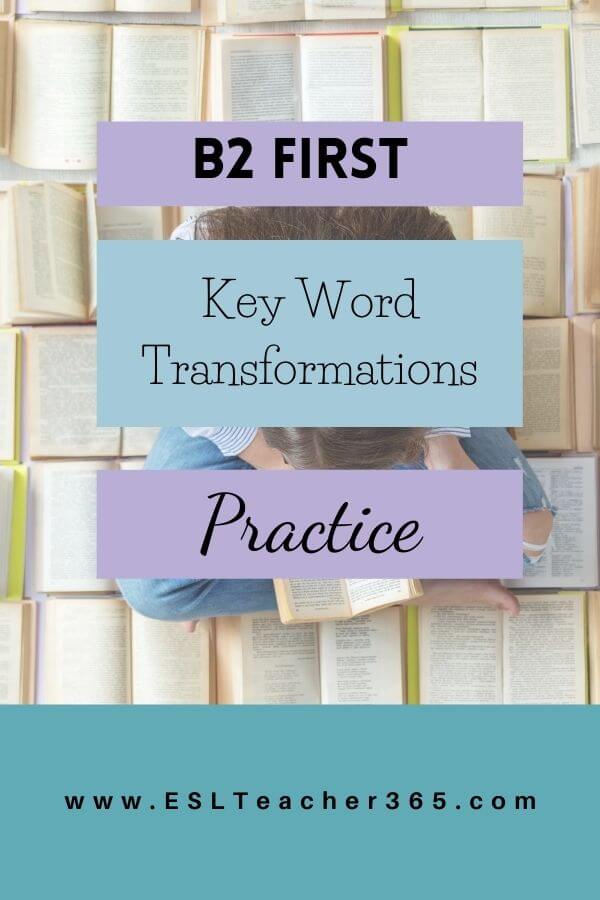
Answers
How to score your answers:
You can earn up to two points for each answer.
The two parts of the answer are separated by “ — “
If your answer to the left of the “–” is EXACTLY the same, give yourself one point.
If your answer to the right of the “–” is EXACTLY the same, give yourself another point.
Depending on your mistakes, you may earn 0, 1, or 2 points per answer.
- ONLY — WE HAD
- HAVE OUR TERRACE — REDECORATED
- NOT BRING A JACKET — UNLESS
- CAME ACROSS — THE RING
- I HAD — SOLD
- HAS NOT CHANGED — SINCE
- WERE NOT — ALLOWED TO
- WERE BUILT — BY
- IS LIKELY — TO COME
- (HIGH)* TIME — YOU DECIDED
*Words in ( ) are optional. You can still earn the full point for “time” if you didn’t write “high time.”
For more FCE Practice, try these posts.
- FCE Essay Writing Guide
- B2 Reading and Use of English Part 1
- FCE Speaking Exam Tips
В этой статье мы разберем структуру заданий одной из самых значимых частей кембриджских экзаменов Use of English (использование английского — грамматика и лексика) и поделимся советами по их успешному выполнению.
В блоге уже выходили статьи о том, как сдать Writing (письменную часть), Reading (чтение) и Listening (аудирование) на экзаменах FCE, CAE, CPE — советуем ознакомиться с этими материалами. Теперь перейдем к тому, как подготовиться к части Use of English экзаменов FCE, CAE, СPE.
Типы заданий в части Use of English
Раздел Use of English экзаменов FCE, CAE и CPE объединен с разделом Reading. На выполнение всей части Reading and Use of English вам дадут 1 час 15 минут на экзамене FCE и 1 час 30 минут на CAE и CPE. За это время вам надо выполнить порядка 7-8 заданий. Первые 4 задания относятся к части Use of English, которая проверяет ваш словарный запас и знание грамматики, а остальные — к части Reading.
Давайте посмотрим, из каких заданий состоит Use of English на кембриджских экзаменах:
| Экзамен | Multiple choice cloze | Open cloze | Word formation | Key word transformations |
|---|---|---|---|---|
| FCE, CAE, CPE | Part 1 8 предложений по 1 баллу |
Part 2 8 предложений по 1 баллу |
Part 3 8 предложений по 1 баллу |
Part 4 4-6 предложений по 2 балла |
Экзамены совпадают по структуре, баллам и количеству заданий, но отличаются по степени сложности. Разберем примеры заданий Кембриджских экзаменов с официального сайта: FCE, CAE и CPE.
Part 1: Multiple-choice cloze (выбрать правильный ответ из нескольких предложенных)
Суть задания: Вам нужно заполнить пропуски в тексте, выбрав одно из предложенных четырех слов. Всего пропущено 8 слов. В этом задании проверяется словарный запас (vocabulary) — знание фразовых глаголов, устойчивых выражений, идиом, оттенков значений и т. п.
Техника выполнения: Чтобы получить общее представление о тексте, прочитайте его, не обращая внимания на пропущенные слова. Далее внимательно читайте каждое предложение и варианты ответа. Исключите варианты, которые явно не подходят, затем из оставшихся выберите тот, который логически дополнит предложение и будет сочетаться с рядом стоящими словами. Рассмотрим пример:
They couldn’t (1)… a decision and agreed to meet again after lunch.
a) arrive
b) achieve
c) reach
d) attain
Хорошо зная устойчивые словосочетания, вы выберите вариант reach.
I like to go to the beach (2)… my wife likes to stay in and watch a TV show.
a) then
b) where
c) when
d) whereas
Однозначно не подходят варианты then (в примере указаны не последовательные действия, а параллельные) и where (нелогично, она в номере смотрит шоу, а не на пляже). Выбирая между when и whereas, следует предпочесть «в то время как», в значении противопоставления, а не просто «когда». Правильный ответ — whereas.
Пример задания multiple choice cloze на экзамене FCE
Пример задания multiple choice cloze на экзамене CAE
Пример задания multiple choice cloze на экзамене CPE
Part 2: Open cloze (вставить слово в предложение без вариантов ответа)
Суть задания: Нужно вновь заполнить пропуски в тексте словами, подходящими по смыслу. Пропущено 8 слов, но в этот раз вам не предлагают никаких вариантов.
Техника выполнения: Прочтите текст, не обращая внимания на пропущенные слова. Затем прочитайте внимательно каждое предложение. Обратите внимание, какие слова стоят до и после пропущенного слова. Они подскажут вам, к какой части речи относится это слово, число или время, в котором оно должно стоять. Например:
I really (1)… like this picture! It’s a masterpiece.
Очевидно, что предложение вполне самодостаточное и без вставки. Вместе с тем вы можете увидеть, что перед вами эмоциональное высказывание. Значит, правильно будет вспомнить про вспомогательный глагол do в функции усиления — I really do like this picture! It’s a masterpiece.
The concert has been cancelled (2)… to the epidemic situation in the city.
В первой части предложения — следствие, а во второй — причина. Мы не можем вставить because, так как после него употребляется предлог of, a не to. Необходимо рассмотреть другие варианты, близкие по значению к «потому что» и «из-за». Отлично подойдут owing и due. Иногда могут подходить сразу два варианта ответа, каждый из них будет правильным, но вам все равно нужно вписать один.
Пример задания open cloze на экзамене FCE
Пример задания open cloze на экзамене CAE
Пример задания open cloze на экзамене CPE
Part 3: Word formation (словообразование)
Суть задания: Вам нужно заполнить пропуски в тексте, образуя однокоренные слова от предложенных. Это задание проверяет насколько грамотно вы используете словарный запас.
Техника выполнения: Следует прочитать текст несколько раз — сначала бегло, а затем вдумчиво, обращая внимание на key words и слова, которые идут до и после него. Это поможет вам правильно определить часть речи производного слова. Большинство слов изменяются с помощью приставок, суффиксов и окончаний, например: courage – discourage, circle – circular, health – unhealthy, employ – unemployed. Переведите предложение, чтобы убедиться в правильности выбранной части речи.
Самые распространенные ошибки при выполнении этого задания:
- Путаница в отрицательных и положительных характеристиках
Don’t be so …, I’ll finish the task in a minute. (patience)
Если не обратить внимание на отрицание (don’t be) и использовать прилагательное patient (производное от patience), то это будет ошибкой. Правильный ответ — impatient.
Чтобы избежать ошибки, внимательно читайте весь текст и следите за логикой предложения.
- Неправильная часть речи
My boyfriend is not very … about the idea of going to New York. (enthusiasm)
Правильный ответ — прилагательное enthusiastic. Если использовать вместо него наречие enthusiastically, это будет ошибкой. Выбор наречия вместо прилагательного и наоборот — распространенная ошибка.
- Ошибки в выборе единственного или множественного числа
Tina’s husband is one of the strongest … in her business. (support)
Правильный ответ — supporters. Единственное число — supporter — будет ошибкой. Сбить может тот факт, что мы говорим об одном человеке, но ведь в предложении есть конструкция one of (один из).
- Орфографические ошибки
Чтобы избежать орфографических ошибок, необходимо регулярно практиковать правописание и не лениться проверять слова в словаре.
Пример задания word formation на экзамене FCE
Пример задания word formation на экзамене CAE
Пример задания word formation на экзамене CPE
Part 4: Key word transformations (перефразирование предложения с использованием ключевого слова)
Суть задания: Вам даны предложение и ключевое слово/словосочетание. Необходимо преобразовать предложение таким образом, чтобы в него вошло данное ключевое слово/словосочетание, учитывая ограничения по количеству слов, указанных в задании. Полученное предложение не должно отличаться по смыслу от исходного.
Техника выполнения: Прочитайте исходное предложение и вспомните все устойчивые выражения и фразы с указанным key word. Затем прочитайте второе предложение с пропуском. При трансформации предложения вы не должны выходить за рамки указанного количества слов в задании (с учетом key word). Конечно, нельзя изменять key word. Например, если дано wish, не стоит использовать wishes или wishing. Если дано not, нельзя вместо него использовать no. Также проверяйте, нет ли в вашем ответе лишних слов. Разберем пример:
I regret ever telling her about my private life. (wish)
I ____________________ her about my private life.
Правильный ответ — I wish I had not told her about my private life.
В приведенном примере местоимение her уже есть в предложении с пропуском. Если напишете wish I had not told her вместо wish I had not told, это будет ошибкой. За каждое верно перефразированное предложение вы получаете два балла, и один балл, если вы допустили небольшую ошибку.
Пример задания key word transformations на экзамене FCE
Пример задания key word transformations на экзамене CAE
Пример задания key word transformations на экзамене CPE
Хотите получить международный сертификат? Записывайтесь на курс подготовки к экзаменам.
Как успешно сдать Use of English — 7 советов
- При подготовке много читайте. Желательно, чтобы тексты были различной тематики. Отдавайте предпочтение газетным и научным статьям. Выбирайте серьезные издания, например, The Washington Post или The Guardian. Читая тексты, выписывайте и учите новую для вас лексику, также изучайте и повторяйте готовые подборки устойчивых выражений и идиом. Например, их можно найти в учебной серии Oxford Word Skills Intermediate и Advanced.
- Относитесь к грамматике как к инструменту, который на экзамене поможет вам точно выразить свои мысли. Разбирайте грамматические правила и отрабатывайте их.
- Выполняйте пробные тесты и тренируйтесь распределять время на каждый тип заданий. Обратите внимание, что необходимо брать тестовые задания, изданные не ранее 2015 года, потому что в этом году произошли изменения в формате кембриджских экзаменов.
- Не зацикливайтесь на одном задании. Если вы сомневаетесь, напишите возможные варианты ответа на полях и продолжайте выполнять тест. К пунктам, в которых вы не уверены, вернитесь позже.
- Проверяйте свои ответы каждый раз, как выполнили задание.
- Пользуйтесь подходящими ресурсами:
- Cambridge English Exam Booster — пособие содержит 48 экзаменационных заданий. В книге рассмотрены типичные ошибки и даны рекомендации для успешной сдачи экзамена.
- Cambridge English First 2, Cambridge English Advanced 2 и Cambridge English Proficiency 2 — каждая книга содержит 4 теста для каждого из экзаменов. Пособия ознакомят вас с содержанием и форматом экзаменов FCE, CAE и CPE.
- Cambridge English Teacher Rory — советы по подготовке к FCE и CAE от преподавателя и носителя языка Рори.
- Floe-Joe — тренировочные упражнения в формате экзаменов FCE, CAE, CPE.
- Рекомендуем найти преподавателя, который сам получил международный сертификат и у которого есть опыт подготовки студентов к экзамену. Такой учитель не только проработает с вами типовые задания, но и расскажет о методике сдачи экзамена исходя из своего опыта. Он поможет вам правильно организовать подготовку, структурировать информацию, поделится психологическими приемами. Если вы в поиске такого учителя, обратитесь в нашу школу, и менеджеры подберут преподавателя, который поможет вам сдать экзамен на высокий балл.
Желаем успехов в сдаче экзаменов!
© 2023 englex.ru, копирование материалов возможно только при указании прямой активной ссылки на первоисточник.
Procedure:
Part I. Presentation — the theory of Key Word Transformation and instructions
Step 1. Students read and analyze the lead-in sentence.
Step 2. Students examine the key word. Remember that it must not be transformed.
Step 3. Students define what kind of transformation will be suitable in the sentence.
Step 4. Students write a new construction.
Step 5. Students read the net sentence to check if it makes sense.
Step 6. Students write the answer in the exam paper. Remember that the only transformed words must be written as an answer.
Part II. Practice
Exercise 1.
1. Unless you leave now, you’ll miss the train.
IF
You’ll miss the train _____________ now.
2. Give me your address, as I might visit Barcelona.
CASE
Give me your address _____________ visit Barcelona.
3. I always watch the late-night news on TV.
NEVER
I _______________ the late-night news on TV.
4. George didn’t get much sleep last night as usual.
HARDLY
Last night George _______________ as usual.
5. His parents were travelling in the desert so they couldn’t follow the news.
KEEP
His parents were travelling in the desert so they weren’t ________ the news.
Exercise 2.
1. Adam can’t wait to go snowboarding next week.
FORWARD
Adam-s really ____________ snowboarding next week.
2. What’s your uncle’s job?
FOR
What _______________ a living?
3. I’m sure Rafael Nadal earned a lot of for that car advertisement.
BEEN
Rafael Nadal ________ a lot for that car advertisement.
4. The candidate couldn’t register for the election because he missed the deadline.
ABLE
If the candidate hadn’t missed the deadline, he _______________ register for the election.
5. I was really impressed by the images in the advert.
MADE
The images in the advert really __________ me.
Part III. Product
A teacher asks students to compose their own tasks on the topic themselves.
Phrasal verbs are a huge challenge for English language learners, and for that reason, so are key word transformations with phrasal verbs. At the Cambridge B2 First (FCE) level, phrasal verbs are certain to appear in Use of English activities and key word transformations are no exception. The challenge when you come across these words isn’t only knowing the meaning of the vocabulary, but also knowing the grammar and syntax that surrounds them. The Cambridge Dictionary online defines a phrasal verb as “a phrase that consists of a verb with a preposition or adverb or both, the meaning of which is different from the meaning of its separate parts”. But how many phrasal verbs are there? And what about separable and inseparable phrasal verbs?
How many phrasal verbs are there?
There are over 10,000 phrasal verbs in English. You might talk about what time you get up in the morning frequently, but you probably don’t often discuss how the government is going to beef up security before a big event. At B2 level, you’d be expected to know all commonly used ones and that’s what you need for key word transformations with phrasal verbs.
You can buy dictionaries with only phrasal verbs, but I’ve never been a big fan of dictionaries. If you’re looking for a list of the most important phrasal verbs in English, check out our post with the 120 most useful phrasal verbs.
Separable and inseparable phrasal verbs
Teaching students about separable and inseparable phrasal verbs can be a challenge. It’s easy to explain that there are two types of phrasal verbs, but it’s not easy to explain why. That’s because, as with many things in English, there is no why. It’s one of those things that, as a learner, you will start to memorise and learn with consistent use. I always tell my students to write an example sentence whenever they note down new vocabulary. With phrasal verbs, that’s especially important.
Separable phrasal verbs
Here is an example of a separable phrasal verb. Notice the word order in the example sentences and what is possible. Separable phrasal verbs can be separated with a direct object. However, if that direct object is a pronoun, we must separate the phrasal verb.
- Take off (remove an article of clothing)
- She took off her jacket because she was hot. ✔️
- She took her jacket off because she was hot. ✔️
- She took off it because she was hot. ❌
- She took it off because she was hot. ✔️
Inseparable phrasal verbs
Here is an example of an inseparable phrasal verb. Notice the word order in the example sentences and what is possible. Inseparable phrasal verbs can never be separated with a direct object whether or not it’s a pronoun.
- Look for (search)
- The police looked for the missing girl. ✔️
- The police looked the missing girl for. ❌
- The police looked for her. ✔️
- The police looked her for. ❌
A few phrasal verb rules
There are a few rules of phrasal verbs which we can easily teach our students. When it comes to such a challenging area of vocabulary, rules can be reassuring.
Simple phrasal verb rules:
- Phrasal verbs with two particles are always inseparable.
- My father was always very hardworking, which is why I’ve always looked up to him.
- If a phrasal verb is followed by another verb, that verb will always take the gerund (-ing) form.
- We ended up spending the whole weekend at home.
- Phrasal verbs are never separated in the passive voice (because the object has become the subject of the passive sentence).
- The outdoor performance was called off due to bad weather.
- Phrasal verbs are informal. In a formal context we tend to prefer the equivalent Latin word.
- My cat found out how to open the kitchen cupboard. – informal
- The scientists discovered how to cure cancer. – formal
The Materials – Key Word Transformations Phrasal Verbs
Get your practice in with these 10 key word transformations. Phrasal verbs don’t have to be scary!
EXAM PART: Use of English Part 4
EXAM SKILLS: Using grammar appropriate to the level (B2), key word transformations
TIME: 20 minutes + feedback
PREPARATION: One copy of the worksheet per student
Download
First (FCE) – Transformations – Phrasal Verbs
Recommended textbook solutions
The Language of Composition: Reading, Writing, Rhetoric
2nd Edition•ISBN: 9780312676506Lawrence Scanlon, Renee H. Shea, Robin Dissin Aufses
661 solutions
Technical Writing for Success
3rd Edition•ISBN: 9781111445072Darlene Smith-Worthington, Sue Jefferson
468 solutions
Technical Writing for Success
3rd Edition•ISBN: 9781133467199Darlene Smith-Worthington, Sue Jefferson
468 solutions
Technical Writing for Success
3rd Edition•ISBN: 9781111260804Darlene Smith-Worthington, Sue Jefferson
468 solutions

